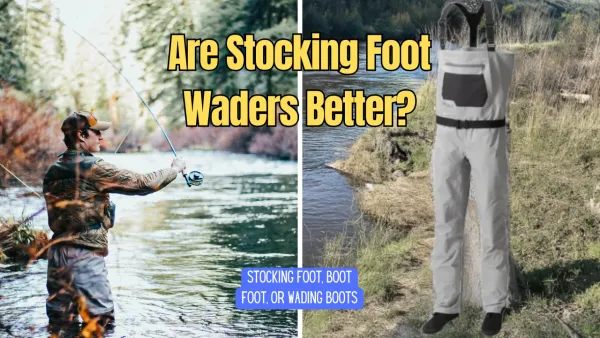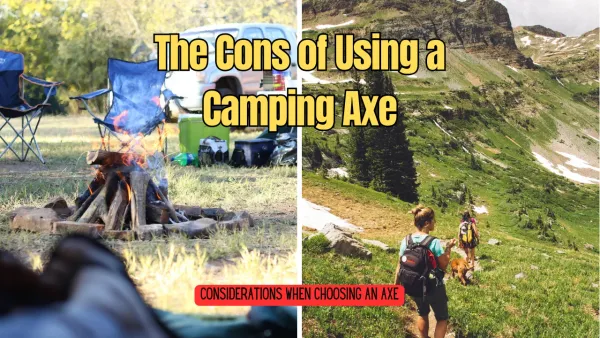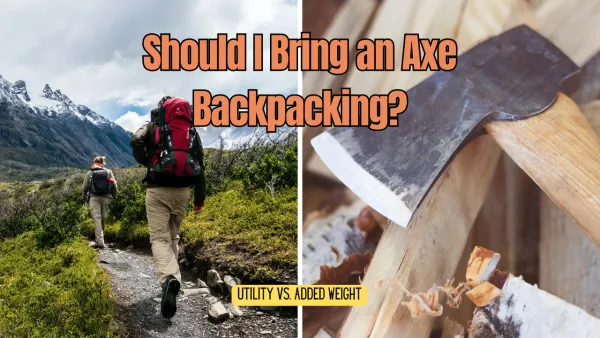Camping is an adventure that reconnects us with nature, but it can quickly become a chilly ordeal if you're not prepared. Knowing how to heat your tent while camping is essential for comfort and safety. In this comprehensive guide, we'll explore practical and safe methods to keep your tent cozy during those cold nights under the stars.
Key Takeaways:
- Discover various methods to safely heat a tent, from using hot rocks to portable heaters.
- Learn the importance of choosing the right sleeping bag and adding layers to retain body heat.
- Understand the safety precautions necessary to prevent carbon monoxide poisoning and fire hazards.
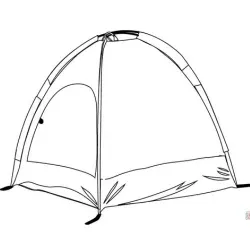
The Foundation: Choosing the Right Sleeping Bag
The first step to stay warm is selecting the best sleeping bag for your camping trip. A high-quality, insulated sleeping bag designed for cold weather is your first defense against the cold ground. Look for a sleeping bag with a temperature rating suitable for the conditions you'll be facing. A sleeping bag liner can add an extra layer of warmth, trapping more of your body heat inside the sleeping bag.
Insulating the Tent Floor
Heat loss to the cold ground is a significant issue. To combat this, place an insulated mat or a specialized camping pad beneath your sleeping bag. This creates a barrier that helps retain heat and provides a cushion against the hard and cold ground. For extreme temperatures, consider using a foam pad combined with an air mattress to maximize insulation.
Warm Clothes: Your Personal Layer of Comfort
Before you retire for the night, change into a set of warm clothes. This is crucial because the clothes you've worn during the day may be damp from sweat or the elements, which can make you feel colder. Opt for moisture-wicking fabrics and layers, such as wool socks and thermal underwear, to maintain an extra warmth layer throughout the night.

The Role of Tent Heaters
A tent heater can be a game-changer for winter camping. Propane heaters and electric heaters are popular choices, but they must be used with caution. Always ensure that any heater you use inside your tent is designed for indoor use and has safety features like an oxygen depletion sensor to prevent carbon monoxide poisoning. Adequate ventilation is also essential to avoid any fire hazard.
Hot Rocks: A Natural Heat Source
One of the oldest methods to heat a tent is using hot rocks. Heat rocks by the campfire for a few hours, then carefully wrap them in towels and place them inside your tent. They will radiate heat for several hours, providing a natural heat source. Be sure to handle them with care to avoid burns or melting the tent fabric.
The Magic of Hot Water Bottles
Hot water bottles are a simple and safe way to keep your sleeping bag warm. Fill them with hot water before bed and slip them into your sleeping bag. They're portable, reusable, and can provide warmth for a good portion of the night. Plus, you can drink the water once it cools down, reducing the load for your return trip.
Electric Blankets and Heated Carpets
For those who have access to electricity, electric blankets and heated carpets can offer a luxurious camping experience. They require a portable battery or solar panels to run, but they can warm the entire tent effectively. Always follow the manufacturer's instructions to prevent overheating and ensure the product is suitable for camping use.
Wood Burning Stove: A Cozy Campsite Companion
A wood stove can transform your tent into a warm haven. It's ideal for a larger, well-ventilated tent, often referred to as a 'hot tent.' These stoves not only provide heat but also a flat surface for cooking. Remember, a wood burning stove requires a tent with a stove jack and should only be operated by someone experienced with its use to prevent fire risks.
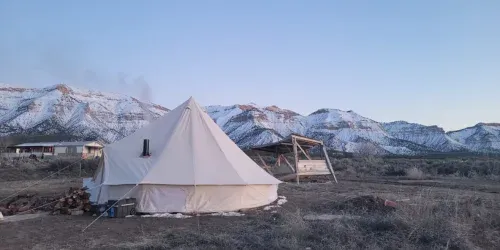
Candle Lanterns: Light and Warmth Combined
Candle lanterns can offer a soft glow and a bit of warmth. While they won't heat the entire tent, they can increase the temperature by a few degrees. It's essential to hang the lantern safely away from tent walls and any flammable materials. Never leave a candle lantern unattended.
Fan Heaters: Circulating Warm Air
Small fan heaters can be effective in a small tent if you have access to electricity. They circulate warm air throughout the enclosed space, providing a comfortable environment. However, they should be used with caution and never left on while sleeping due to the risk of overheating and potential fire hazards.
The Benefit of a Smaller Tent
A smaller tent is easier to heat than a larger one because there's less air space to warm up. If you're camping alone or with a partner, consider a two-person tent to keep things cozy. The body heat from two people can significantly raise the temperature inside a small tent.
Heat Retention: Minimizing Heat Loss
To minimize heat loss, ensure your tent is well-insulated. Use a four-season tent with thicker tent walls and fewer mesh panels. During the day, keep the tent closed to trap warm air inside. At night, use a tarp or tent footprint to add another layer of insulation against the cold night air.
Safety First: Carbon Monoxide Awareness
When using any combustion-based heat source, like propane heaters or wood stoves, be aware of the risk of carbon monoxide poisoning. Always ensure there's adequate ventilation and consider using a battery-operated carbon monoxide detector for added safety. Never use gas heaters or any device not intended for indoor use inside your camping tent.
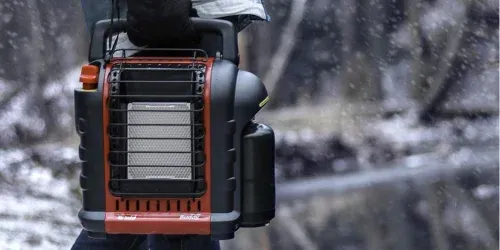
Portable Heaters: Convenience and Warmth
Portable heaters, especially small propane heaters, can offer a balance between convenience and warmth. Look for models with built-in safety features, such as tip-over protection and automatic shut-off if oxygen levels drop too low. Always follow the manufacturer's guidelines for safe operation.
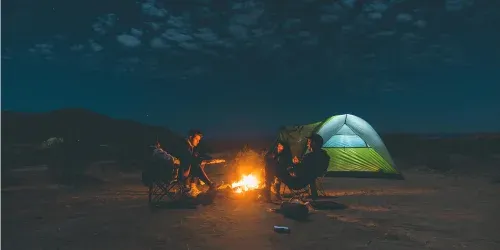
Summary
Staying warm while camping doesn't have to be a struggle. From choosing the right sleeping bag to utilizing tent heaters and natural heat sources, there are numerous ways to ensure a warm tent during cold nights. Remember to prioritize safety, especially when using heaters that require combustion, and always maintain adequate ventilation to prevent carbon monoxide poisoning and fire hazards. With these tips, you can enjoy a cozy and safe camping experience, even in the chilliest of conditions.
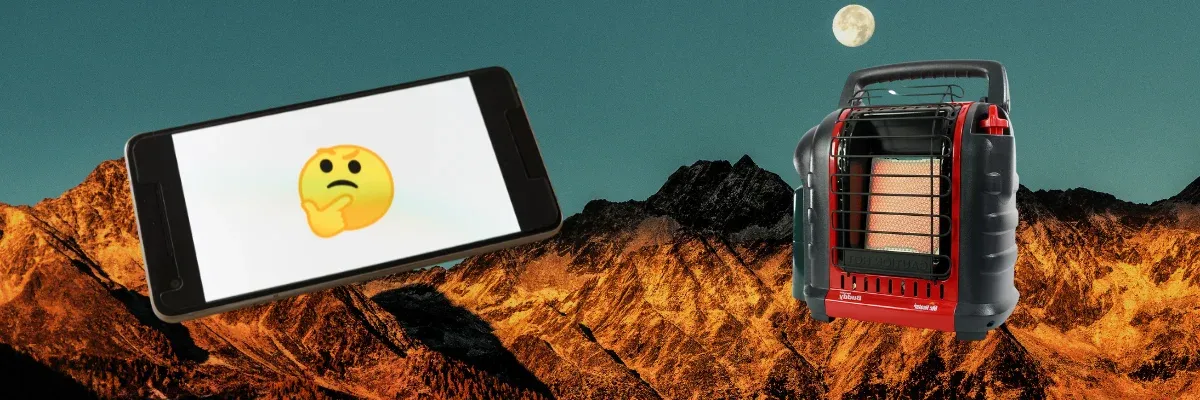
FAQs
What is the safest way to heat a tent while camping?
The safest way to heat a tent is by using a combination of methods, such as a high-quality sleeping bag, insulated mats, warm clothes, and safe heat sources like hot water bottles or electric blankets. If using heaters, choose ones with safety features and ensure proper ventilation.
Can I use a propane heater inside my tent?
Yes, you can use a propane heater inside your tent, but it must be designed for indoor use and have safety features like an oxygen depletion sensor. Always follow the manufacturer's instructions and provide adequate ventilation to prevent carbon monoxide poisoning.
How can I prevent heat loss in my tent?
To prevent heat loss, use an insulated tent with fewer mesh panels, insulate the tent floor, keep the tent closed during the day to trap warm air, and add a tarp or footprint at night. Also, consider using a smaller tent to reduce the volume of air that needs to be heated.





